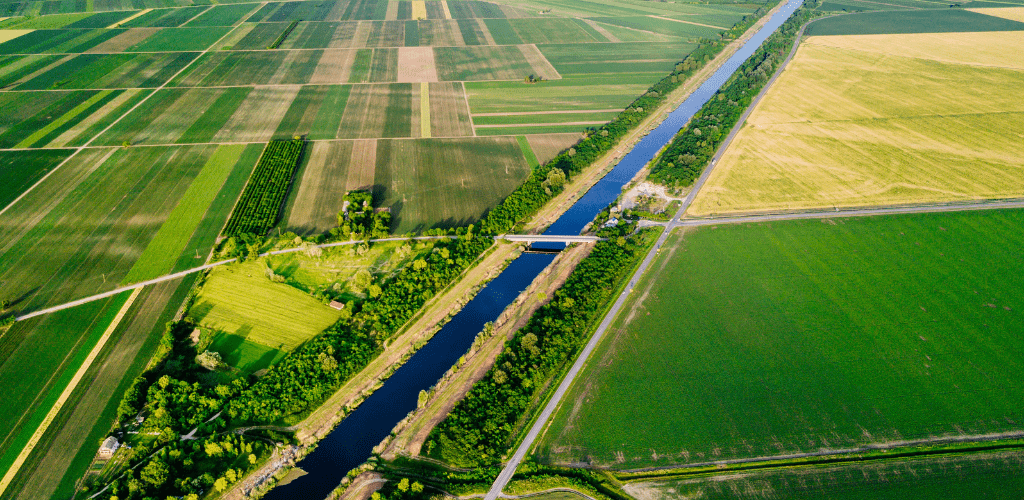
- This event has passed.
Bioeconomy and the Green Deal: matching Europe’s climate neutrality and competitiveness goals? POLITICO

Hitting the EU’s 2050 climate neutrality targets means a steady decline in the use of fossil fuels — and that poses a crucial question: How can the industry produce everything from jet fuel to plastics and textiles? One possible answer is a radical rethinking of our consumer society and a need for those things. Another is to figure out how some of the products can be made with a smaller environmental impact. That’s where the bioeconomy comes in — promising to use biomass ranging from crops and forestry to algae to make biogas, biofuel, sustainable textiles and plastics, among others. The rationale is that such processes have a smaller impact on the environment and can help make law-carbon goods to substitute fossil ones, but many climate campaigners are skeptical. That creates opportunities and challenges for governments, industry and consumers to get involved.
Key questions to be addressed include:
- What is the role of bioeconomy in the EU Green Deal and how can it contribute to the EU’s competitiveness and resilience?
- Is it a long-term solution to climate and environmental concerns? Or could the bioeconomy lead to further industrialization of agriculture and forestry?
- How can the industry and policymakers ensure that fossil-based materials are substituted with more sustainable, bio-based equivalent in the packaging, plastics or textile sectors among others, while avoiding creating unsustainable pressures on natural resources like biomass?
- What are the governance mechanisms needed to ensure the bioeconomy is sustainable in the long-term? How could these be translated into policymaking?
- What is the EU doing to move from R&D to scaling up bioeconomy projects? Does the EU have a particular role to play in backing such an effort or should it be done at a national level?
In light of the upcoming revised EU forest and industrial strategies, POLITICO convenes a frank discussion with policymakers, industry and climate experts about the role of the bioeconomy in a climate neutral and competitive Europe.
Source: POLITICO
More information here
Agenda
• 4:30 Welcome remarks by POLITICO’s moderator
Jan Cienski, senior policy editor, POLITICO
• 4:35 Introductory remarks by our partner
Jori Ringman, director general, Confederation of European Paper Industries (CEPI)
4:40One-to-One Interview
Virginijus Sinkevičius, European commissioner for environment, oceans and fisheries
Moderated by Jan Cienski, senior policy editor, POLITICO
• 5:00 PPanel discussion followed by Q&A
- Franc Bogovič (EPP, Slovenia), co-chair of the bioeconomy working group of the European Parliament intergroup on climate change, biodiversity and sustainable development
- Joanna Drake, deputy director general, DG Environment, European Commission
- Hannah Mowat, campaigns coordinator, FERN
- Jussi Pesonen, chief executive officer, UPM
Moderated by Louise Guillot, reporter, POLITICO
• 5:45 Closing remarks